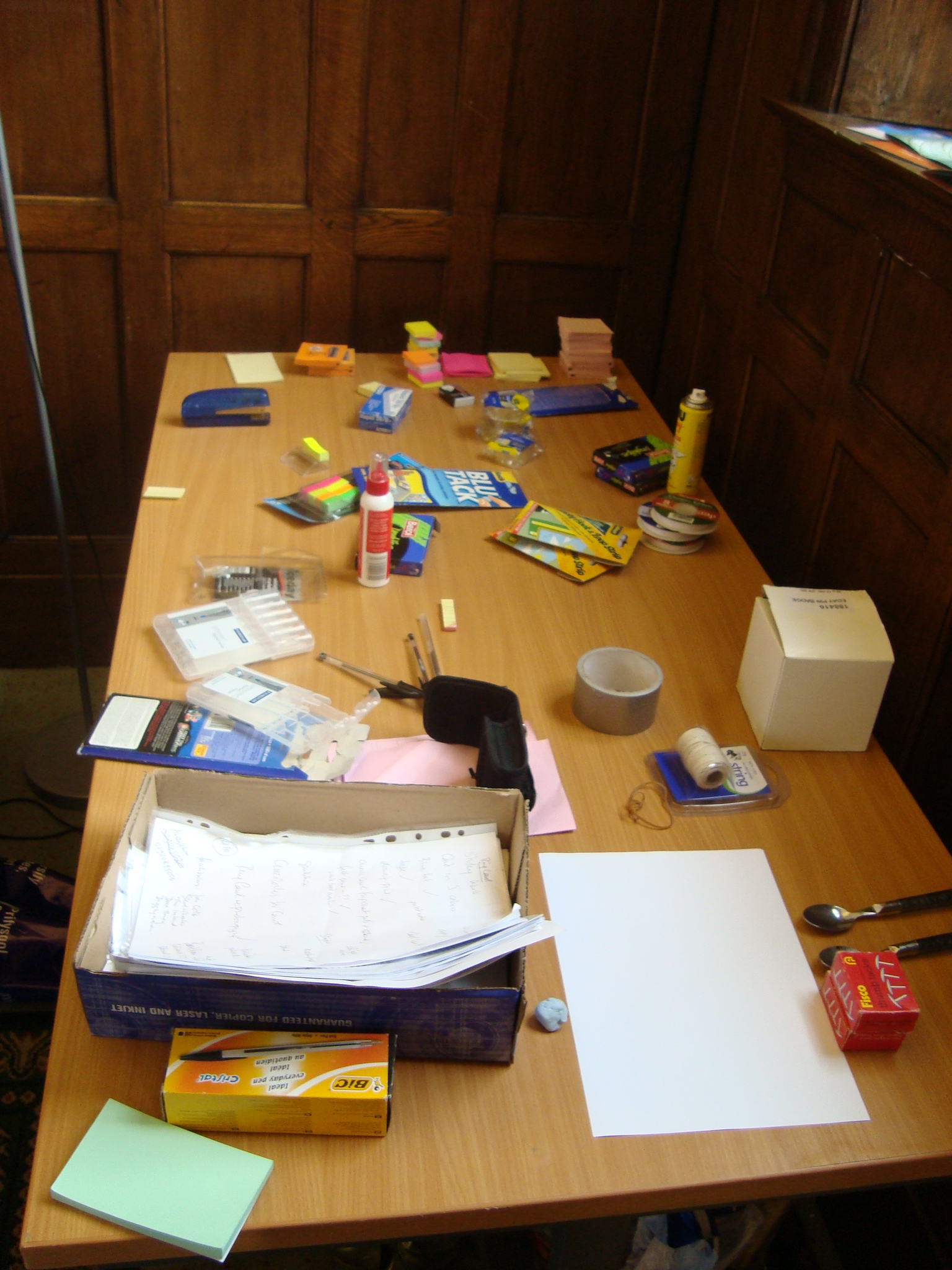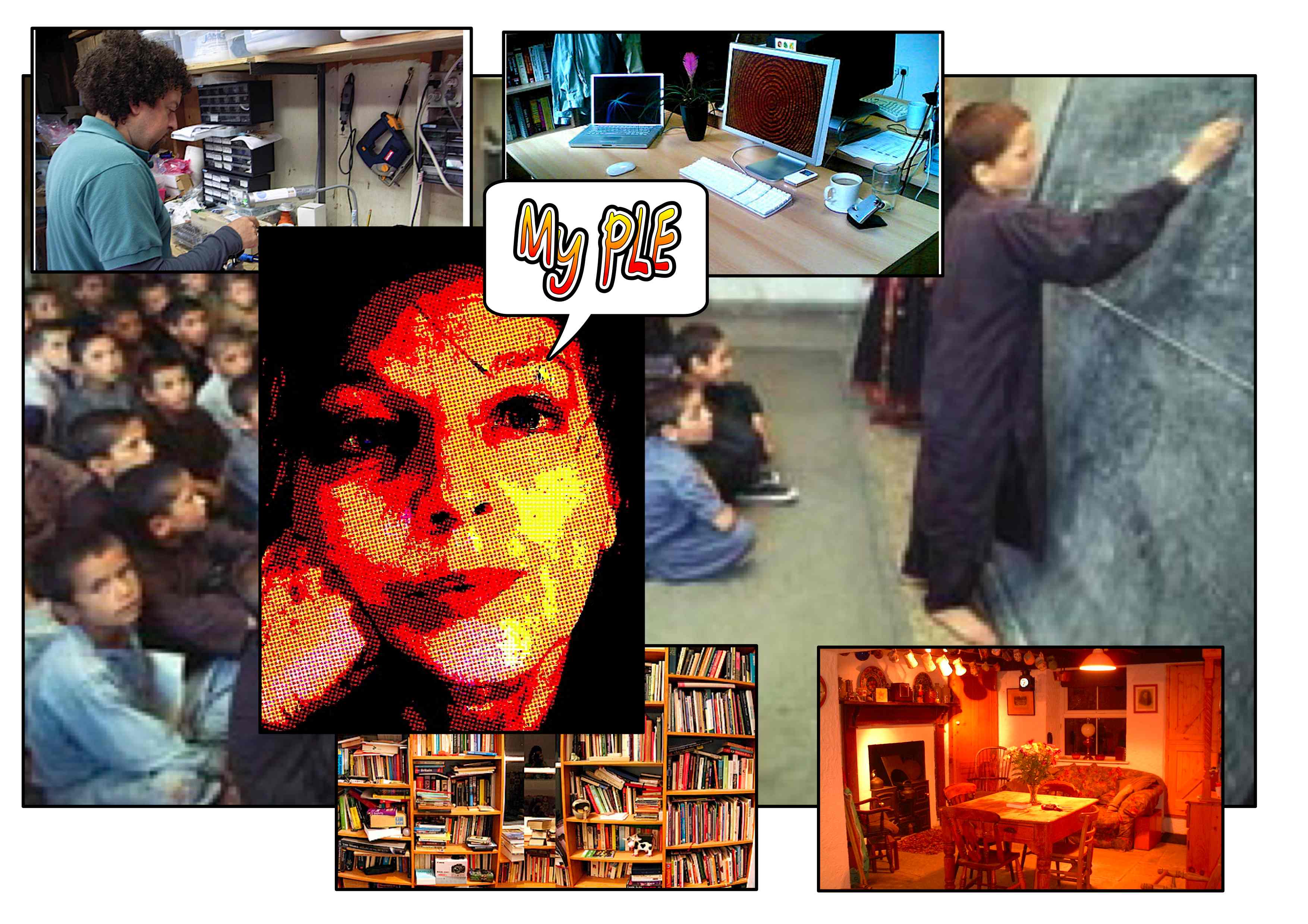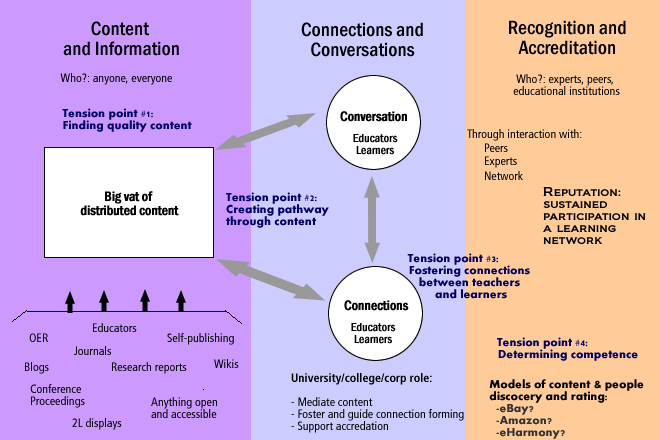Jenny Hughes has had a hard week editing a handbook for teachers on technology. The stress is begining to show. Whilst waiting for partners from the Taccle project (who are producing the handbook) to arrive, she twittered to me this reflection on teachers and nerdyness on an open skype channel :). And teachers – we love you really. LOL
“teachers get nerdy about who sits where in staff room
17:56
and nerdy about cardigans
17:56
and potted plants on the window sill
17:56
and using a ruler to do their register
17:56
and not lending anyone their red pen
17:57
and sandwiches in tupperware containers
17:57
and the Daily Mail
17:58
and whether its morally justified in going on strike when the future of the world is in their hand
17:58
and keeping peppermints in their desk
17:59
and seeig if they can make their suply of sugar paper last longer than anyone else
17:59
and nature tables
18:00
and box pleated skirts
18:00
(thats just the men)
18:00
and having special things for de-icing their windows
18:01
and posting a list of Rules of the Staff Room on the wall
18:02
which always starts with the milk and biscuit buying rota
18:02
and ends with a warning about not leaving dirty cups
18:02
which is underlined 3 times
18:03
with too many exclamation marks
18:03
but computers, I assure you, they are not nerdy about
18:05
Mind you (because Im bored sitting in hotel waiting for foreigners) teachers do have some techy skills
18:09
they are very good with shoe lace technology
18:12
have built in sensors and rapid response programmes for spotting the kid who is going to throw up or piss themselves
18:13
some of us were shit hot on the ballistics of board rubbers
18:14
(you have to be able to get them to land wood side down on the desk to give kid nasty noisy fright or felt side down to leave them spluttering and coughing in a cloud of chalk dust. Its a high level skill)
18:18
they are competent at every sort of print technology from Caxton, through spirit copiers, Bandas, Roneos and Gestetners with or without wax stencils and including John Bull printing outfits. You can assess competence by seeing how big the pink, purple or green stain on their fingers is.
18:20
the older ones can still tune the wireless in to Music and Movement (with Daphne Oxenford)
18:22
and some of them can even fit together those plastic shapes that make geodesic domes. The others stuff them in the back of the cupboard and hope the kids don’t find them
18:23
they are really good at measuring the length of the playground with a push along wheely thing and they check it every year just to make sure
18:24
and best of all they have pencil sharpeners whith a handle you turn on their desks. They are awesome.
18:25
so not entirely techno deficient
18:27
it’s just those com…comt…compu things
18:27
on line again tomorrow
18:29




